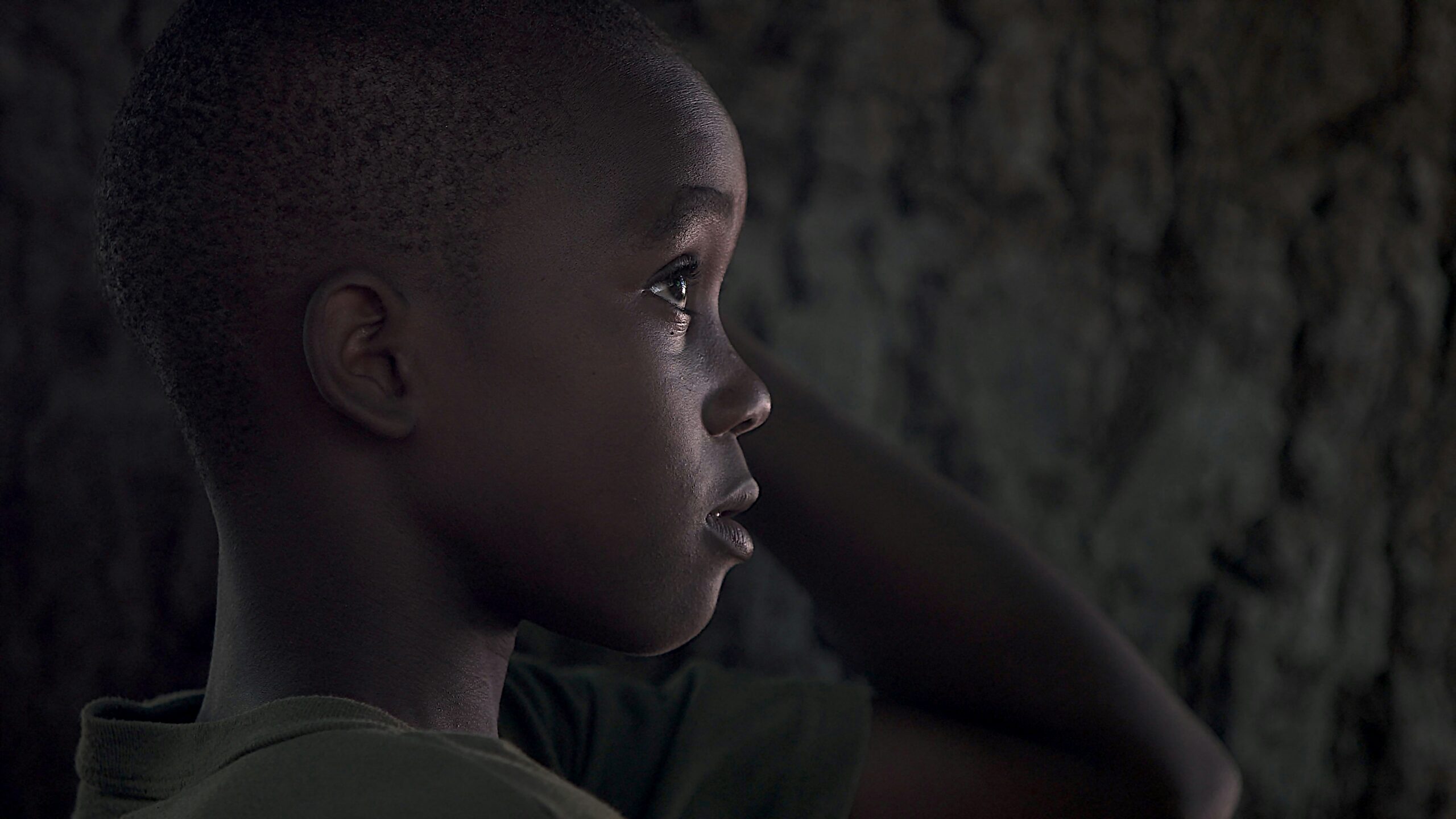By Mckenzie Knaub
Child begging is a form of human trafficking – labor trafficking, to be specific. When you see a child begging on the street, you don’t immediately jump to a human trafficking victim. However, for many of those children, that’s the reality of their situation.

Child begging is a massive issue in Uganda, mainly due to the poverty experienced by families and exacerbated by Covid. Many children on the streets have been coerced through intimidation, threats, and punishments. Handicapped children bring in three times as much revenue, which leads to forced mutilations and amputations.
This issue is not specific to Uganda and is also prevalent in Greece, India, and Senegal. It is common for the parents to be the ones exploiting their children as a way to supplement family income. Parents can rent out their children to others to beg. It has been shown that a woman begging with a child will make more money. Specifically in Uganda, children from the Karamoja region are forced into begging in the capital, Kampala. There are estimated to be more than 15,000 children between 7 and 14 on Kampala streets. It has become such a problem that capital city authorities have been rounding up the children on the streets to try to return them to their families. Some parents haven’t heard from their children in ten-plus years and don’t know their whereabouts.

In Karamoja, it is also popular for parents to sell their children to the mafia, which makes them beg on the streets. The mafia stays in the eyesight of the children, and when the child is given money, they rush over to immediately confiscate the money. Another issue in Kampala is children rushing slowed down or stopped cars in an attempt to get money from drivers. The government’s efforts have been lackluster, and it has resorted to blaming poor parenting for the crisis.
Child begging is considered a form of labor trafficking because the children are often coerced into begging, and the money is taken from them; they are exploited for profit. These children work long hours in unsatisfactory conditions that typically result in more exploitation and health/public safety concerns. This research helps our partners get a better overview of the child begging issue, its prevalent trends, and how it affects surrounding countries. This information will assist them in proposing new solutions and legislation to help rectify this situation. This is a complicated and interesting issue that we are excited to continue researching throughout this semester.
This post was written by a Center for Global Justice law clerk. The views expressed in this post do not necessarily reflect those of Regent University, Regent Law School, or the Center for Global Justice.

